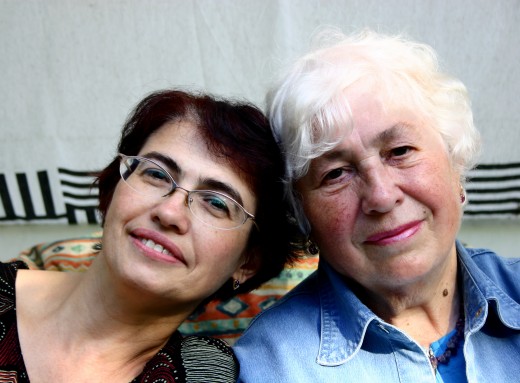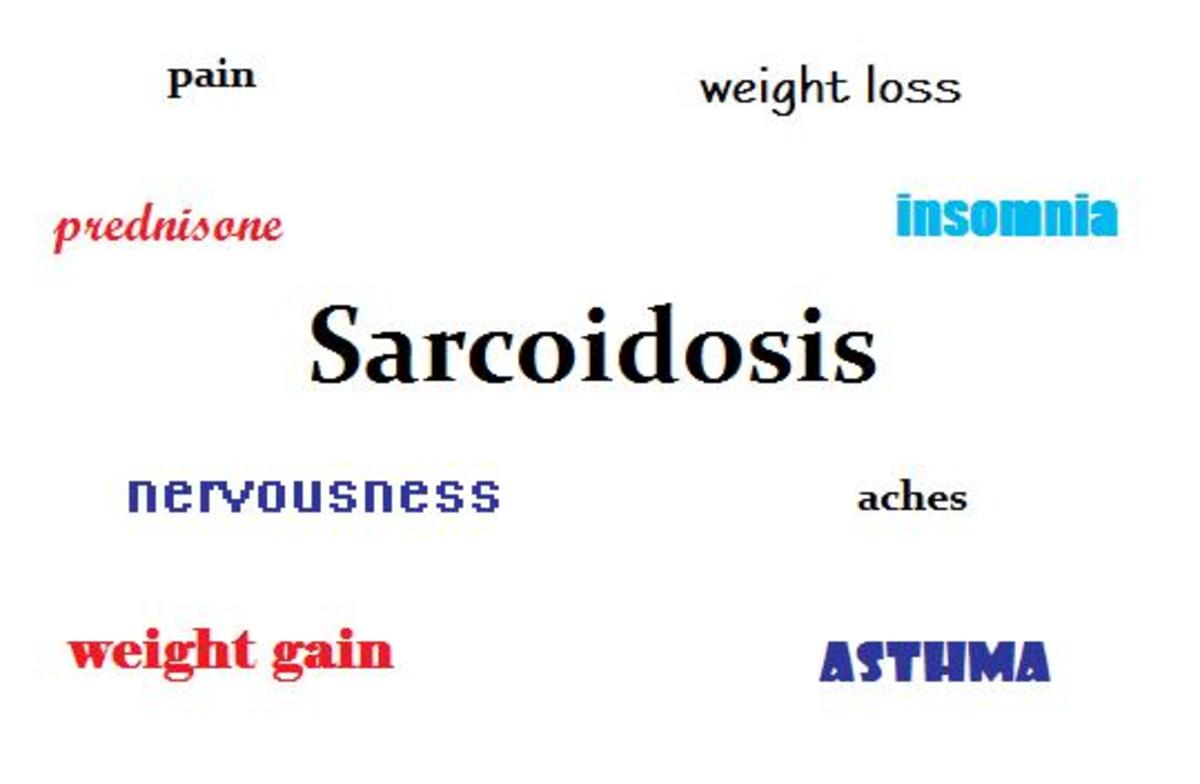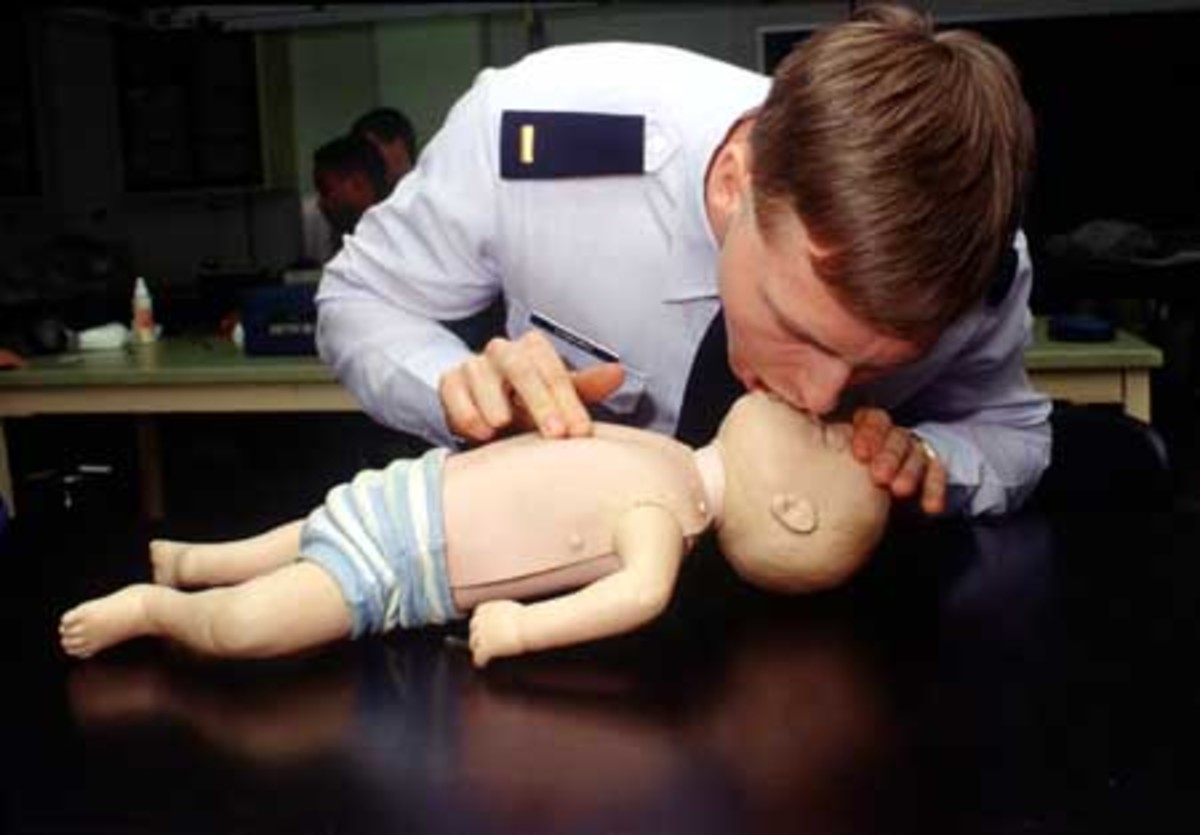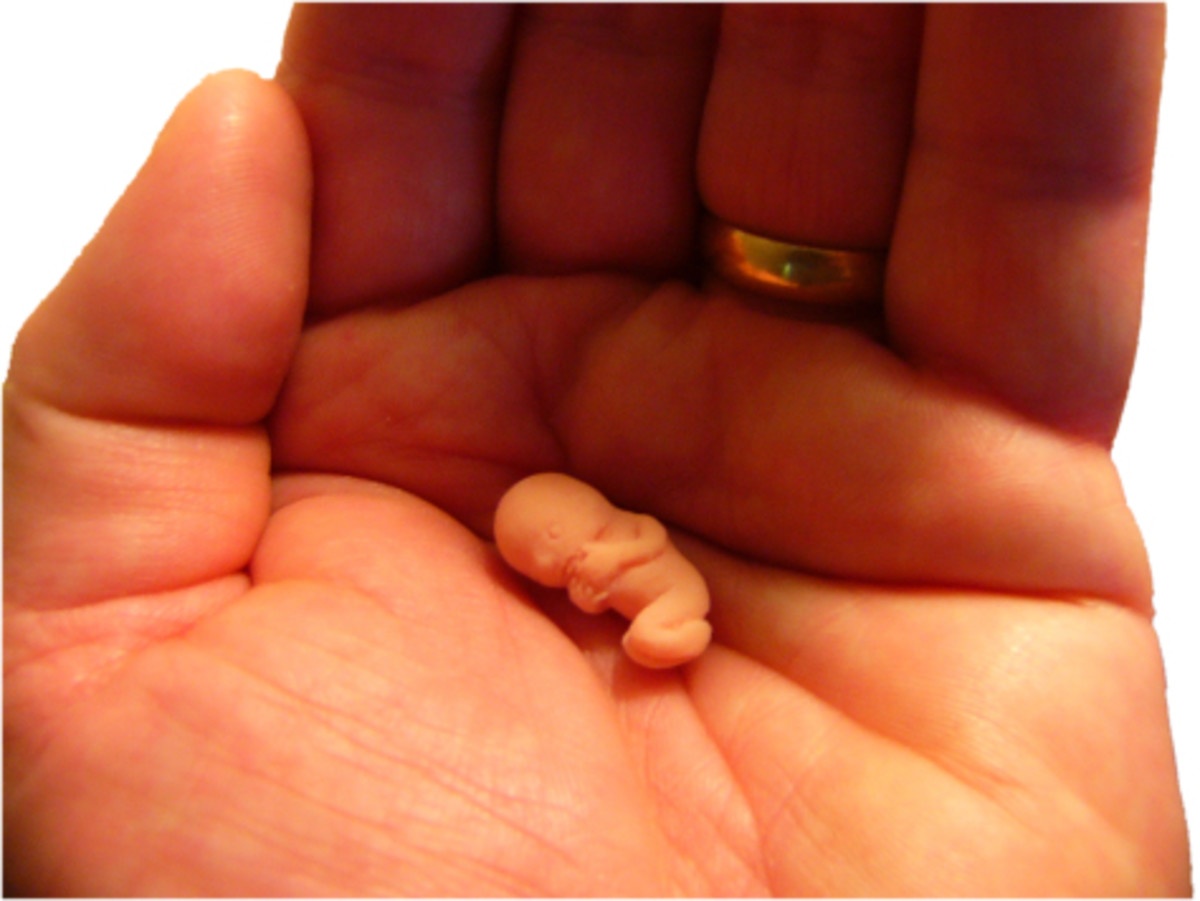How to Help Someone Who Is Having Trouble Breathing
Anyone Can Suddenly Stop Breathing

Why Someone May be Having Difficulty Breathing
Many problems can cause an adult or child to suddenly have trouble breathing!
There are, in fact, several different health problems which can cause a person to suddenly begin to need help breathing. Breathing emergencies may be caused by allergic reactions, asthma, electric shock, heart attacks, and even some medications. Since it is essential to get help right away if someone is having difficulty breathing, it is important for everyone to learn how to quickly recognize asthma symptoms, as well as symptoms of other breathing emergencies. Although some are obvious, others can be very subtle.
If you have a family member who sometimes has difficulty breathing, you may even want to keep a rescue mask and pocket resuscitator on hand. They are very inexpensive and could make it easier for you to keep your loved one alive until emergency personnel arrive.
A Rescue Mask and Resuscitator Can Help You Save a Life

Everyone Should Learn Proper CPR Procedure
In addition to learning how to use a resuscitator, everyone should also take a CPR class and, if possible, repeat it every few years. With enough practice, you will know exactly what to do in an emergency.
The important thing to remember is to NOT panic if someone faints or stops breathing. Instead, you should calmly be prepared to use the correct CPR procedure and call 9-1-1 immediately!
Since most high schools in the United States now require all their graduates to take a Red Cross approved CPR class, chances are good that you have been trained in the proper CPR procedure sometime in the past. If so, in an emergency you should begin CPR right away (or find someone else who has been trained). In addition, you or someone else should call 9-1-1 or your local emergency number. The emergency personnel will give you further instructions, and can even walk you through the steps of CPR if it has been a few years since you took your last class.
If you are alone, call 9-1-1 and then start CPR. You want to make sure emergency personnel are on their way as quickly as possible. Continue to administer CPR until they show up.
Learn the Heimlich Maneuver
A common reason for someone to stop breathing is because they are choking on a piece of food. If you see someone choking, their breathing emergency will be different than if they fainted and stop breathing. Instead of immediately starting CPR, you may need to do the Heimlich maneuver. The most common symptom of a choking emergency is if the person is gasping for breath, or clutching their throat. If you see this happen, ask the person if they are choking. If they nod their head, attempt the Heimlich maneuver. If that does not solve the problem quickly, call emergency medical personnel. While you are waiting, keep trying the Heimlich maneuver. In addition, remember that some medicines can cause breathing problems. Ask if they have taken any medications.
Subtle Symptoms of Breathing Difficulties
Someone who is having a breathing emergency may not faint, stop breathing or begin choking. There are other symptoms of breathing problems which may be more subtle. For example, the victim may begin breathing unusually slowly or rapidly, or their breath can be especially deep or shallow. It is also a concern if someone begins wheezing, gurgling or making other sounds. These may be asthma symptoms. Ask if they have an asthma inhaler, or if there is other medication they need. Most people who use asthma inhalers keep them handy. Again, call 9-1-1 for assistance if the problem continues for more than a few minutes.
Another possible cause of breathing difficulties is that they could be having a heart attack! There are additional clues which could indicate a heart problem. Look at their skin. Are they sweating heavily? Is their skin moist or suddenly pale or flushed? Are their lips beginning to look bluish? All of these are cause for alarm! Be concerned, as well, if the victim is dizzy, light-headed, or experiences chest pain. These symptoms could signify a heart-attack, heat stroke, cardiac asthma or other serious problem. Have the patient sit down and try to relax while you call 9-1-1.
If you want to be prepared for an emergency, take First Aid Courses whenever you have the opportunity. You could save a life.
Source: American Red Cross First Aid courses and literature.
This content is accurate and true to the best of the author’s knowledge and does not substitute for diagnosis, prognosis, treatment, prescription, and/or dietary advice from a licensed health professional. Drugs, supplements, and natural remedies may have dangerous side effects. If pregnant or nursing, consult with a qualified provider on an individual basis. Seek immediate help if you are experiencing a medical emergency.
© 2011 Deborah-Diane








